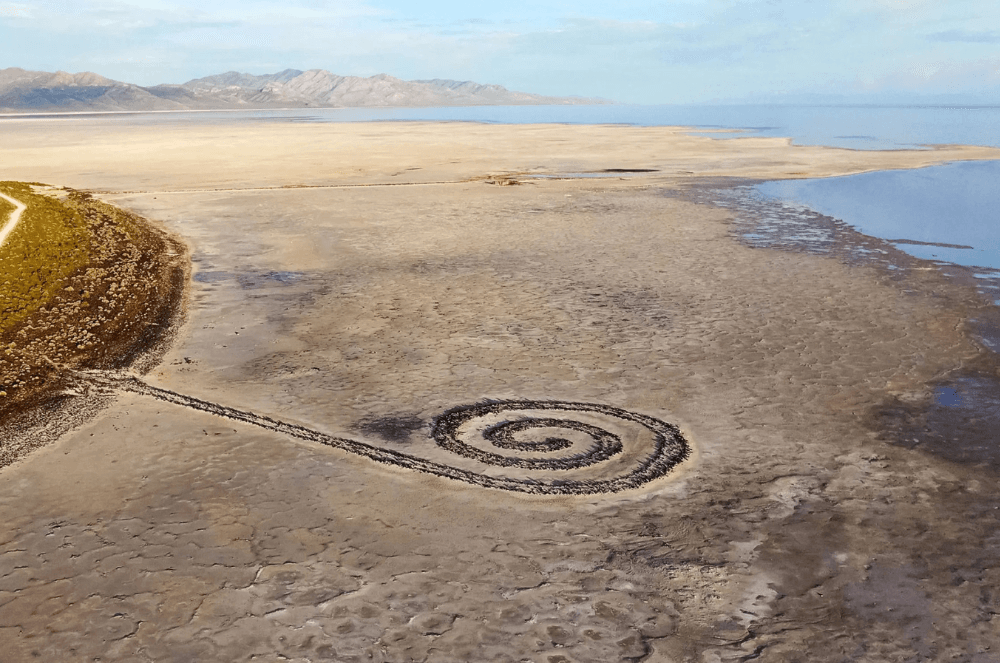Conference “Neither place nor non-place”

The Conference “Neither place nor non-place”, by Álvaro Domingues will take place on December 6th, at 18h30.
The event is part of the VI Conference Cycle Lusófona University / Rivoli 'Espaços, lugares e territorialidades' [Spaces, places and territorialities], organized by CICANT researchers Isabel Babo, Manuel Bogalheiro and Universidade Lusófona's teacher José Bragança de Miranda.
Admission is free.
Abstract
When geography is better understood through the organization of systems of relations, than through the names or shapes of things, places acquire readings and realities that change according to the configurations of this field of forces. Therefore, unlike the conventional map, the territory ceases to be text and becomes hypertext: as on the Internet, each site – the name that has the places in this electronic universe – is defined by a unit of contents and functionalities that are unveiled through of links with other information units, other sites, building connections and meanings that sometimes reproduce stable and expected relationships, sometimes surprise us with new reasons and qualities. Instead of the system of points, lines and fixed surfaces inscribed in a Euclidean space, geometry becomes topological, and proximity or distance are measured by degrees of relationship, accessibility or connectivity, all filtered by social positions, economic imperatives or by the performative capacity of the socio-technical systems that support the mobility of people, goods, capital, information or energy. As a result of this combination, space-time is subject to constant distortions, socially experienced and perceived in an uneven and contradictory way.
With the map of the city lost, the unstable territory of urbanization continues to be a permanent social (re)construction, as Henri Lefébvre very well explained. The technological paraphernalia that never ceases to diversify and expand, accelerating the commodification of everything and everything else that comes through the meshes of global capitalism.
This is how places and their varied modes of existence are. They wanted to convince us that due to excessive trepidation or because they had lost the spirit that had become alienated from them and that would have been there since the time of nymphs and fauns, they had evaporated and turned into non-places. That is not clear at all.
Biography
Álvaro Domingues (1959) is a Geographer, Prof. Associate at the Faculty of Architecture of the University of Porto, and researcher at the Center for Studies in Architecture and Urbanism at FAUP. Among other works, he is the author of Paisagens Portuguesas (with Duarte Belo, Fundação Francisco Manuel dos Santos, Lisboa, 2022), Portugal Possível (with Duarte Belo e Rui Lage, Museu da Paisagem, Lisboa, 2022), Paisagens Transgénicas (Museu da Paisagem, Lisboa, 2021), Volta a Portugal (Contraponto, Lisboa, 2017), Território Casa Comum (with Nuno Travasso, FAUP, Porto, 2015), A Rua da Estrada (Dafne, Porto, 2010), Vida no Campo (Dafne, Porto, 2012) e Políticas Urbanas I e II (com Nuno Portas e João Cabral, Fundação Calouste Gulbenkian, Lisboa, 2003 e 2011), Cidade e Democracia (Argumentum, Lisboa, 2006).
- published 28 November 2022
- modified 28 November 2022
